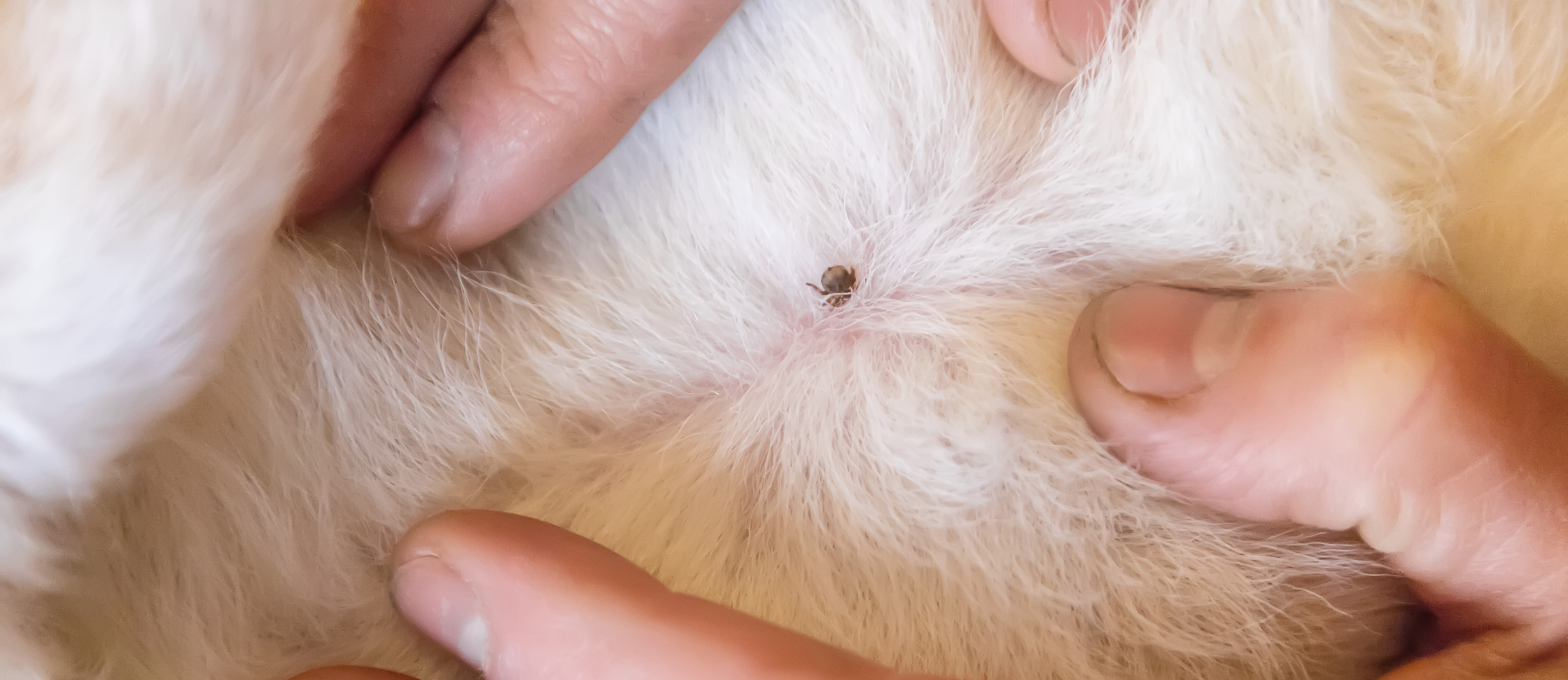AVA supports inaugural World Parasite Awareness Day
21 Mar 2025
World Parasite Awareness Day – held for the first time on 20 March – is a new annual event to raise awareness about parasites in pets and the importance of appropriate parasite control.
The Australian Veterinary Association (AVA) joined veterinary medical experts from around the world in helping to launch and spread awareness of this important day and the largely controllable, yet dangerous and often invisible, infections with parasites.
AVA member and veterinary parasitology specialist, Dr Nick Sangster says the strongest message to come out of this day, is the “wake up call” that there is a way to protect pets from this threat.
“Doing the right thing can literally save your pet’s life and make a difference to protect your ‘best friend’” Dr Sangster said.
With the warming climate and the way parasites are adapting to the changing environment around them, Dr Sangster says many parasites are increasing their geographic range, which leaves more animals vulnerable.

Dr Nick Sangster
“Parasites have some bad press, but they are extremely common and they do cause many of the most important diseases in animals and humans around the world. The top production animal diseases in Australia are parasites, so are many of the top human diseases around the world. They certainly cause diseases in companion animals.
“Why have we got all these parasites? Well, they've adapted wonderfully to the environments that have been given to them over time. Secondly, they've proven quite difficult in general, to control. Part of the issue around pets is that they live physically close to their owners, and therefore the chances of parasite transfer from pets to owners as zoonotic infections is reasonably high.”
Now semi-retired, Dr Sangster is one of the few parasitology specialists in Australia. A former AVA director and current chair of animal welfare charity Vets Beyond Borders, Dr Sangster has dedicated his working life to teaching, studying and researching the drugs that control parasites.
“I've worked largely on chemotherapy, in other words, the drugs that we use to control parasites. I have done that with a community of researchers around the world to come up with new therapies and to improve their ease of use for parasite control. And this awareness day really is about making people aware of the importance of parasites and highlighting the remedies that are available.”
For members of the public, Dr Sangster says that working with your local veterinarian, learning about the parasites in your area and having a protection and treatment plan in place can make all the difference.

Tick on animal skin, stock image.
“Fleas and hookworm are two that come to mind in terms of transmission to humans and this can be reduced by effective control.
“Ticks may be the nastiest parasite of the lot, especially in Australia where paralysis tick occurs. You have almost certainly had a conversation with somebody who has lost a dog to ticks. How that happens is the ticks crawl on and insert their mouthparts through the skin. They inject a neurotoxin and over several days the toxin causes paralysis. First, the dog loses movement in its legs, then its voice, then it can't breathe, and then its brain is affected. That can happen in a space of 3 or 4 days and can be fatal.
“Again, we do have some good treatments – there's anti serum. This is an emergency situation where your vet can provide this treatment. so certainly go to your vet if you have any tick concerns.
“Another approach is prevention. If you live on the east coast of Australia, and especially during the warmer months, well before going out into the bush treat your animals with a tick preventive. These treatments are widely advertised. To get specific advice, I recommend consulting your local vet. They know the local conditions and are trained in how to care for your pet.”
Visit the World Parasite Awareness Day website for more information.
(Note that this article is general in nature and the AVA advises that pet owners seek professional advice for their own situation from a registered veterinarian).
